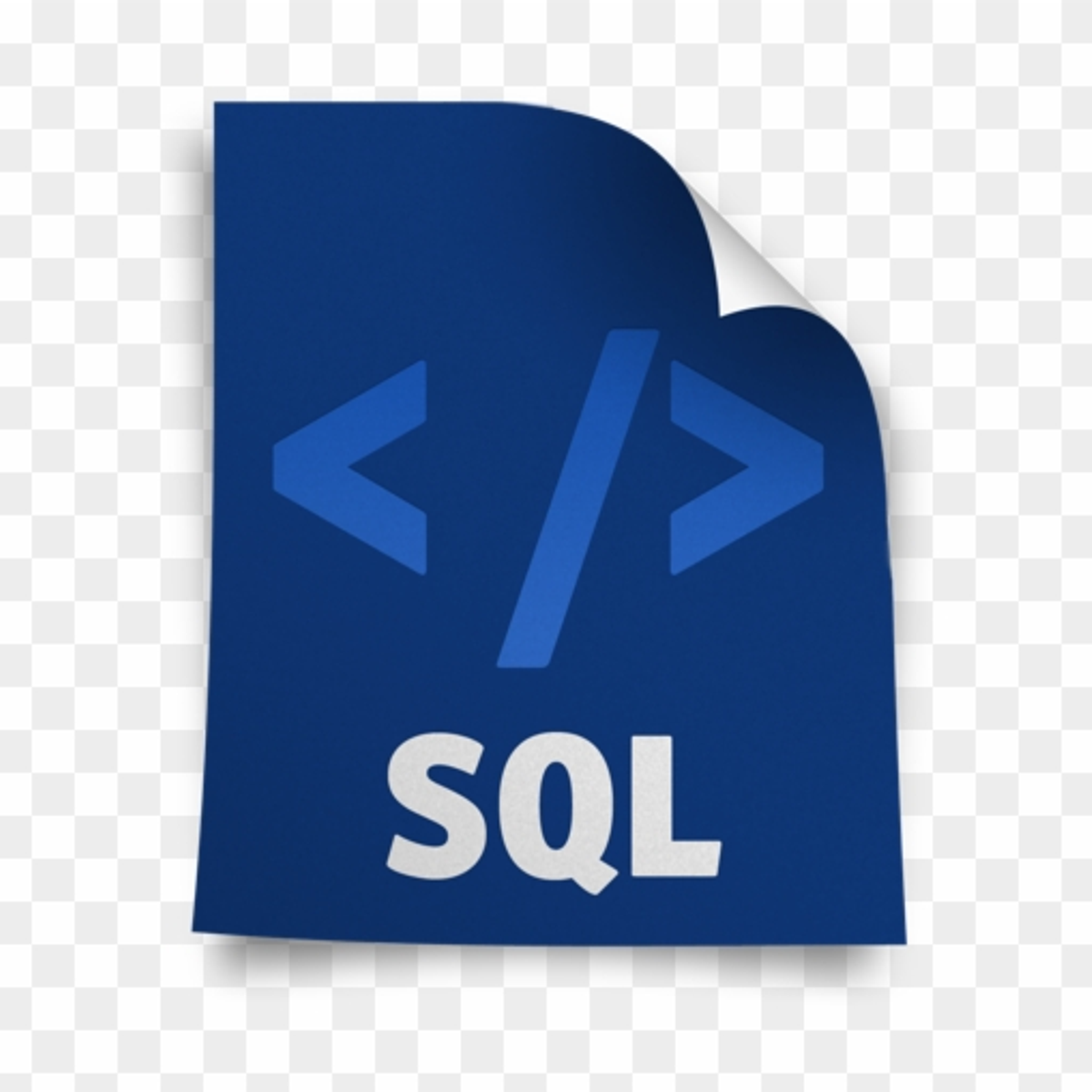
Dans ce projet guidé d'une heure, vous apprendrez à faire une requête SQL pour calculer les données, et aussi à les grouper et calculer les données d’un groupe des enregistrements.
À la fin de ce projet, nous aurons appris à créer et exploiter les requêtes de recherche avec les fonctions d'agrégations et les clauses GROUP BY et HAVING dans SQL.
What's inside
Syllabus
Good to know
Save this course
Activities
Suivre un tutoriel sur SQL
Show steps
Aide à renforcer les concepts de base de SQL et à préparer le cours.
Browse courses on
SQL
Show steps
-
Trouver un tutoriel en ligne adapté à votre niveau de connaissance
-
Suivre les instructions du tutoriel et écrire les requêtes SQL
-
Tester vos requêtes sur un ensemble de données d'exemple
Créer une base de données et effectuer des requêtes
Show steps
Permet de mettre en pratique vos compétences en matière de création et d'interrogation de bases de données.
Browse courses on
SQL
Show steps
-
Concevoir une base de données avec des tables, des champs et des relations
-
Créer la base de données à l'aide d'un système de gestion de base de données
-
Insérer des données dans les tables
-
Écrire des requêtes SQL pour récupérer et manipuler les données
Participer à un atelier sur SQL
Show steps
Permet d'acquérir des connaissances et des compétences supplémentaires auprès d'experts du secteur.
Browse courses on
SQL
Show steps
-
Trouver un atelier sur SQL adapté à votre niveau de connaissance
-
S'inscrire à l'atelier et y assister
-
Participer activement aux discussions et aux exercices
Show all three activities
Suivre un tutoriel sur SQL
Show steps
Aide à renforcer les concepts de base de SQL et à préparer le cours.
Browse courses on
SQL
Show steps
- Trouver un tutoriel en ligne adapté à votre niveau de connaissance
- Suivre les instructions du tutoriel et écrire les requêtes SQL
- Tester vos requêtes sur un ensemble de données d'exemple
Créer une base de données et effectuer des requêtes
Show steps
Permet de mettre en pratique vos compétences en matière de création et d'interrogation de bases de données.
Browse courses on
SQL
Show steps
- Concevoir une base de données avec des tables, des champs et des relations
- Créer la base de données à l'aide d'un système de gestion de base de données
- Insérer des données dans les tables
- Écrire des requêtes SQL pour récupérer et manipuler les données
Participer à un atelier sur SQL
Show steps
Permet d'acquérir des connaissances et des compétences supplémentaires auprès d'experts du secteur.
Browse courses on
SQL
Show steps
- Trouver un atelier sur SQL adapté à votre niveau de connaissance
- S'inscrire à l'atelier et y assister
- Participer activement aux discussions et aux exercices
Career center
Business Intelligence Analyst
Data Analyst
Data Scientist
Database Administrator
Operations Research Analyst
Market Researcher
Software Engineer
Financial Analyst
Product Manager
Sales Analyst
Statistician
Risk Analyst
Writer
Web Analyst
Project Manager
Reading list
Share
Similar courses
OpenCourser helps millions of learners each year. People visit us to learn workspace skills, ace their exams, and nurture their curiosity.
Our extensive catalog contains over 50,000 courses and twice as many books. Browse by search, by topic, or even by career interests. We'll match you to the right resources quickly.
Find this site helpful? Tell a friend about us.
We're supported by our community of learners. When you purchase or subscribe to courses and programs or purchase books, we may earn a commission from our partners.
Your purchases help us maintain our catalog and keep our servers humming without ads.
Thank you for supporting OpenCourser.



